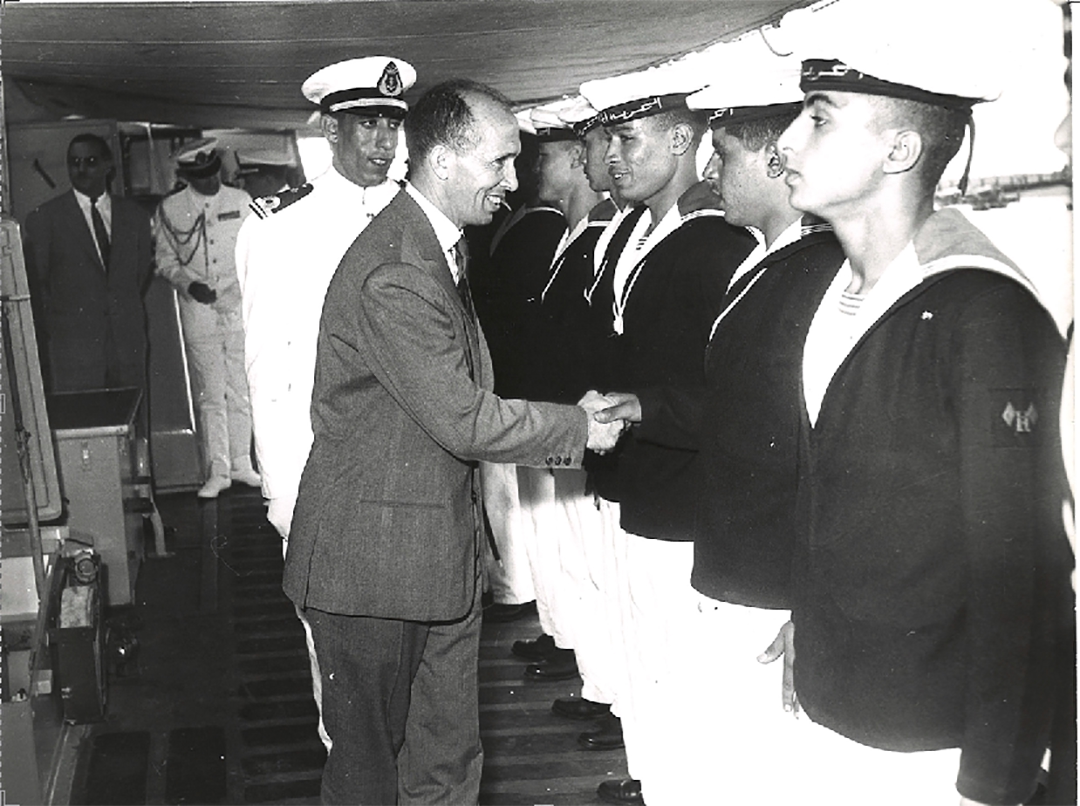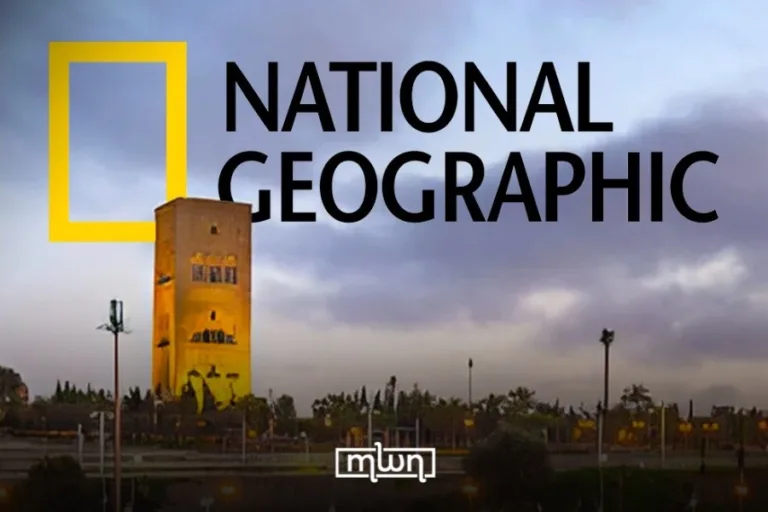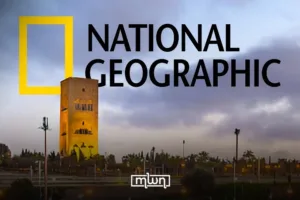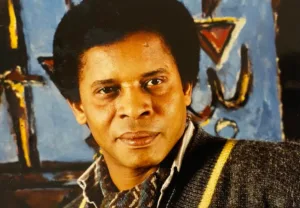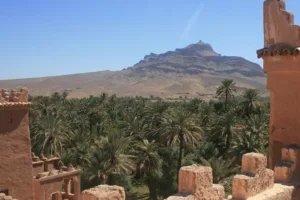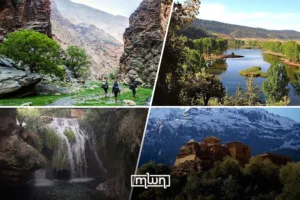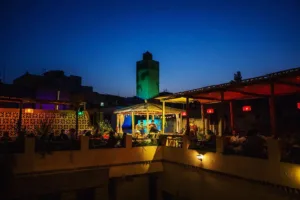Rabat – Mahjoubi Aherdane was a significant Moroccan political leader, military officer, and an advocate for Amazigh culture.
As a co-founder of the Popular Movement, and a key figure in Post-Independence Morocco, Aherdane played a crucial role in shaping the country’s political landscape.
Born in 1921 in the Middle of Atlas region, Aherdane belonged to the Amazigh Zaian tribe, a prominent community known for its resistance against colonial rule.
Aherdane stood as a vocal defender of Amazigh heritage, language and traditions.
His effort helped pave the way for the eventual recognition of Tamazight (The Berber Language) as an official Language in Morocco’s 2011 constitution.
Unlike many Moroccan leaders who adopted Arab nationalist ideologies after independence, Aherdane remained fiercely proud of his Amazigh heritage and sought to integrate it into Morocco’s national identity.
In the Middle Atlas region where Aherdane grew up, Izlan or Inchaden (Amazigh Oral Poetry and Storytelling) was more than just entertainment hobbies, they were a form of historical record, preserving battles and heroes – serveing as well as a tool of Resistance against colonialism and cultural suppression.
Aherdane himself wielded the pen, composing Izlan in Tamazight. His poetry invoked the sacredness of the Atlas, lamented cultural loss, and envisioned unity.
Aherdane composed poetry primarily in his dialect through some works that were later translated to Arabic.
His poems covered themes such as national identity and calling for unity between Arabs and Berbers.
In a 1984 interview with Al-Alam newspaper, Aherdane famously described Arab-Amazigh relations as “Morocco’s two lungs”
While the original interview isn’t available online, Moroccan scholar Mohamed Darif recorded this quote in his 1992 book (Le Mouvement Populaire) (p. 217). The metaphor became central to Aherdane’s vision of national unity.
Though debates about identity continue, Aherdane’s words remain a compass – a nation’s strength lies not in erasing differences, but in breathing together.
His life teaches us that true leadership plants trees under whose shade generations will sit. And today, as Tamazight echoes in classrooms and parliament, we witness the harvest of his struggle.

